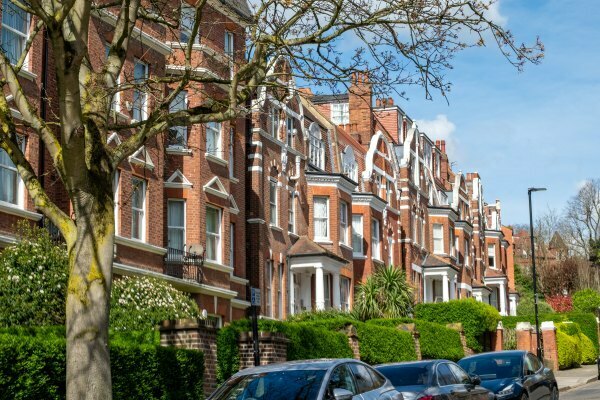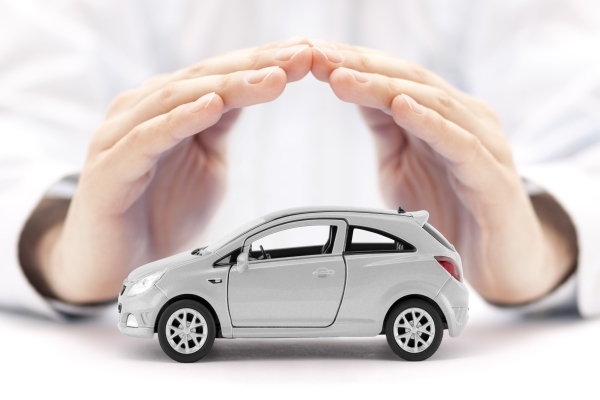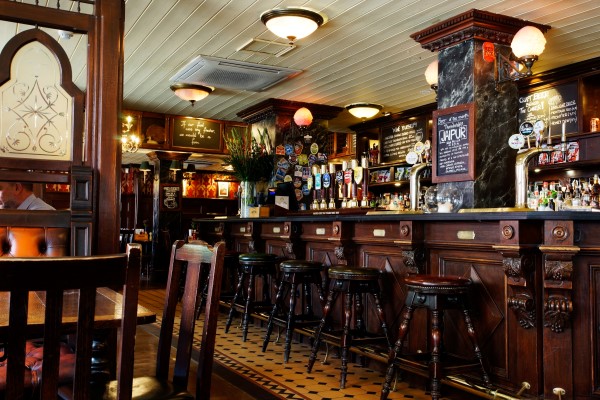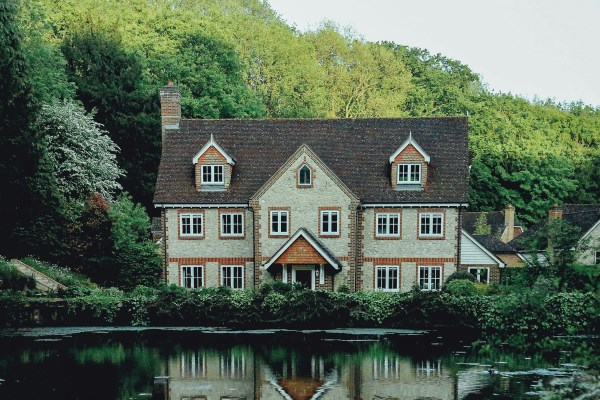Care homes play a vital role in society, providing essential care and support to the elderly, disabled, and other vulnerable individuals who require assistance with daily living. These facilities ensure that residents receive the necessary medical attention, companionship, and comfort, often becoming a second home for those they serve. However, the responsibility of managing a care home comes with significant risks. Comprehensive care home insurance is crucial for safeguarding not only the residents but also the staff who care for them and the business itself. Proper insurance coverage helps mitigate risks, ensuring safety, legal compliance, and financial protection. Read More














